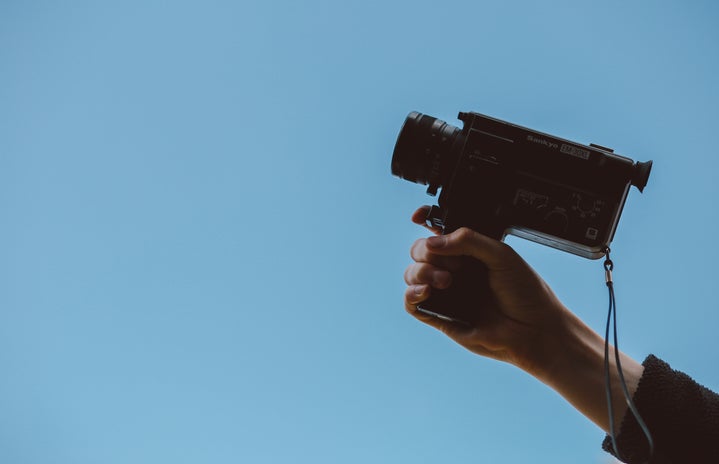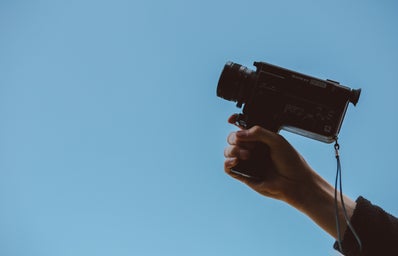Recently, I was surprised to discover that this year’s 78th annual Golden Globes was the first year that more than one woman was nominated for the Director’s Category. In fact, in the entire 78 years of Golden Globe history, only five female directors have ever been nominated. What!? I’ve always known that female film directors were underrepresented, but I never understood that it was to this extent. Therefore, in light of Women’s History Month, let us take a look into the most influential female film directors and how they paved the way for themselves and other women in this traditionally male-dominated field.
- Alice Guy-Blaché
-
It is impossible to talk about the history of female film directors without first mentioning Alice Guy-Blaché, a French filmmaker who is credited with not only being the first female director, but also the first director of a film with a narrative story (which makes her one of the first filmmakers, ever)! Over the course of her career, Guy-Blaché created over 1,000 films and was the first woman to own her own studio.
- Tazuko Sakane
-
Tazuko Sakane is another influential filmmaker, as she was the first female director in Japan and began her career in the early 1900s. This was an impressive feat, as during this time Japan’s film industry was extremely male-dominated. In fact, Sakane remained the only female director in Japan all the way up until the 1950s. She is also known worldwide for being the first female documentary filmmaker, in which she mostly focused on Japan’s invasion of Manchuria.
- Fatma Begum
-
Continuing on this trend of being the firsts for their country, Fatma Begum is credited with being the first female director in India. Not only did she direct, but she also acted and screen-wrote. Similar to Japan, India’s film industry during this time was also heavily male-influenced, with male actors even cast for female roles. Begum paved the way for many other women in India to participate in film, including her two daughters who she often cast in her films and who continued on her legacy when she eventually retired.
- Modern Day
-
With the beginnings of filmmaking starting off as a great platform to give women a voice and show off their creativity to a wider audience, it is unfortunate to see that nowadays female directors are so scarce. According to this BBC article, obtaining finances for a film is much more of a struggle for women than it is for men. This leads to a trend of female directors only being able to direct about one film in their career while men are able to create a more substantial portfolio of work.
However, if there’s anything to be gleaned from the recent Golden Globes nominations, things could be looking up for female directors. Who knows? Maybe we’ll see this trend continue in the future as more and more female directors gain the recognition they deserve!



